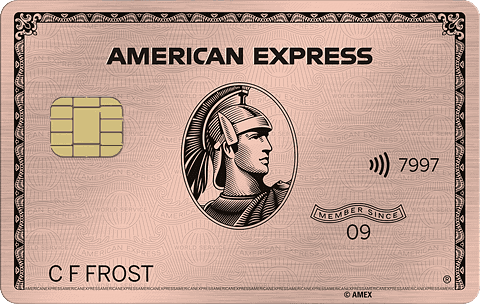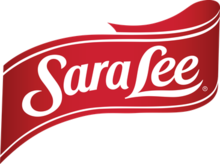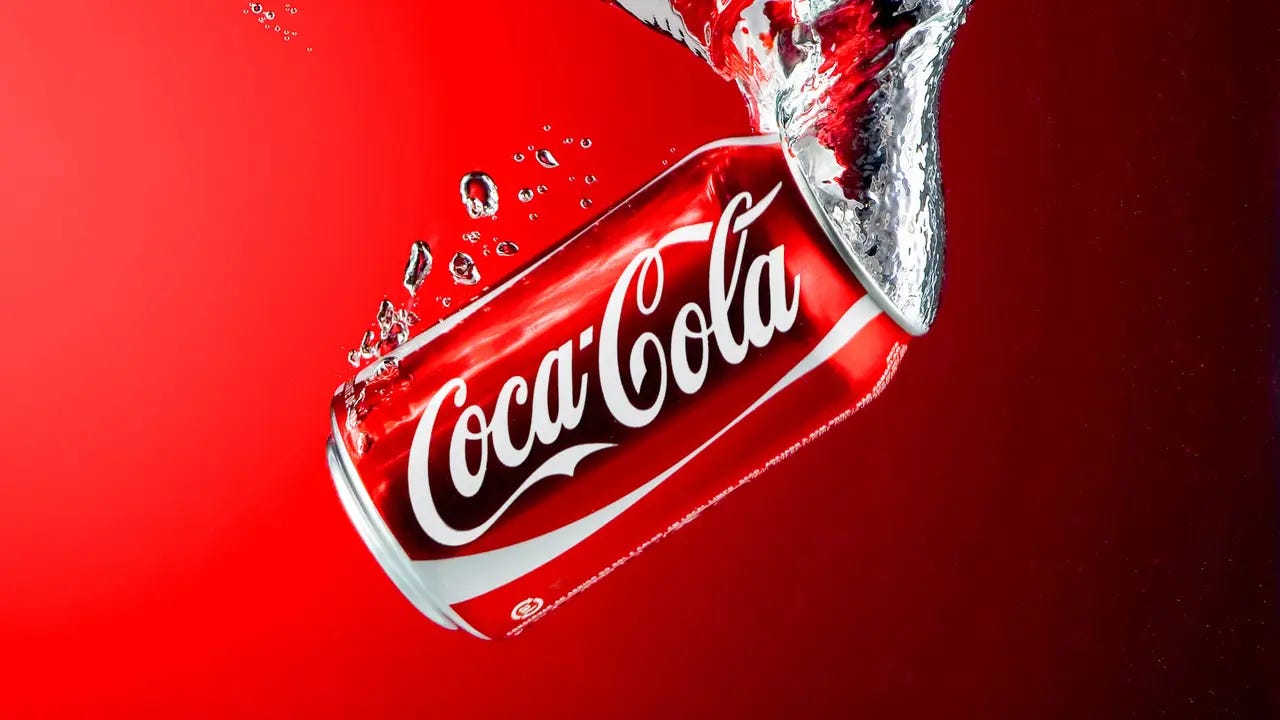An enduring company: reading Warren Buffett annual letter to shareholder Feb 24, 2024
The shareholder letter and 2023 annual report PDF file here. Quote the letter, page 5
Our goal at Berkshire is simple: We want to own either all or a portion of businesses that enjoy good economics that are fundamental and enduring. Within capitalism, some businesses will flourish for a very long time while others will prove to be sinkholes. It’s harder than you would think to predict which will be the winners and losers. And those who tell you they know the answer are usually either self-delusional or snake-oil salesmen.
======
At Berkshire, we particularly favor the rare enterprise that can deploy additional capital at high returns in the future. Owning only one of these companies – and simply sitting tight – can deliver wealth almost beyond measure. Even heirs to such a holding can – ugh! – sometimes live a lifetime of leisure.
======
We also hope these favored businesses are run by able and trustworthy managers, though that is a more difficult judgment to make, however, and Berkshire has had its share of disappointments.
Warren did not use the word enduring here. I think he meant companies that have enduring competitive edge 竞争优势 when he said "......rare enterprise......", or the "moat" 护城河 which was frequently talked about/used in the past shareholder meetings. By the same token, in investing we are looking for an enduring company.
Enduring: continuing or long-lasting (definition from Oxford dictionary, more on the google word definition search sources)
Warren's grades for the subsidiaries and companies that BRK has Equity Stakes
If I could summarize what Warren said about the subsidiaries and the companies that Berkshire Hathaway equity stakes. He is what he said basically insurance is doing good, BNSF is doing okay and will probably be okay in the future. He was not that sure about the Berkshire Hathaway Energy BHE, mainly due to the unknown regulatory risks such as the capped rate. As a capitalist, he expected to recoup the investments and then some. But for the BHE (electricity utility co.), because the regulators limit the rate they can charge, he was not sure BHE can get the money back from all the investments in green energy (wind, solar) and power transmission.
For companies BRK has equity stakes, he basically "praised by names": they are American Express and Coca-Cola. Both are companies born in 1800s. They have enduring competitive edge. I guess this is true even after the recent Capital One /Discover merge. Amex is in a such a unique position in the market, and they are not afraid of Visa and Mastercard either.
Warrren praised the OXY, its CEO Vicki and the US oil industry as well.
Companies that has long history or decent history
I noticed in the US there are companies that has long history or decent history. Many of them are family controlled or started by a family (or two, in the case of Leggett and Platt, Wikipedia entry here). In a way Anheuser-Busch the beer giant was like that too. But now AB is a part of AB InBev. Over the time as companies go public (traded in the stock exchanges), the families will gradually sell off the stakes, and eventually they don't have the control or majority ownership. I think the few companies that families still have control included Ford. Also Berkshire Hathaway will selectively provide a home for those families owned business too, include the one in recent news - Pilot Travel Centers.
Below some of them have STL connection (HQ).
ADM: they had an accounting scandal recently. That's bad.
https://twitter.com/stlplace/status/1749591026321248301
Bunge: first saw their North America HQ at west port, probably in year 2008. On its Wikipedia entry, - I noticed this company have long history. They are in similar business as ADM (food processing, some call them agri business). Note Monsabto is in that business too. STL has quite some agri business.
Founded 1818; 206 years ago; Amsterdam, Netherlands
Founder Johann P. G. Bunge
https://twitter.com/stlplace/status/1758945606951645327
Berkshire Hathaway: nothing to add (this is a common phrase Charlie Munger used to say in the annual shareholder meeting).
Emerson Electric: this is St. Louis based company, and they recently sold the climate control business (White Rodgers and Sensi brands) to private equity, and the PE firm rebranded it as Copeland. Meanwhile Emerson continues to focus on industrial automation (compete against Rockwell Automation, Siemens etc) , and other business.
GE: 100+ years, in the progress of breaking up. The healthcare unit GE Healthcare is already being spun off, and its stock has done well so far.
IBM: 100+ years, sold or spun off some low margin business, still going strong recently.
Jack Henry and Associates: blog post (same blog post below for Leggett and Platt). The only tech public company HQ'ed in Missouri. Found in 1976, same year Microsoft was found.
Leggett and Platt: It seems they will have some tough time this year due to the consumer slowdown of beeding products (their main products). The company has a long history and is based in Missouri. I sold the stock recently, btw. My Blog post - Dividend Based Investing.
Twitter thread below. I have quite a few threads on this actually. But I am posting the last one here only. It seems the US consumers are tapped from year 2023 (and until now Feb 2024). I do expect some sort of recession for those consumers. This will impact consumer products companies such as Polaris too $PII (no position at this time).
https://twitter.com/stlplace/status/1741843349449969968
Btw, I sold the Rivian stock $RIVN on the same day I sold all the remaining shares of $LEG too. EV seems like the traditional car business, and similar to the airline business. They are both very hard to survive, and almost impossible to thrive in those businesses.
A related note is in the large commercial air planes space, there are only two players AirBus and Boeing $BA. And yours truly has a few shares of $BA at this time. And we cannot say that for EV. Tesla is obviously big in the USA, but in China BYD has just beat Tesla. And then there are also the legacy car makers, including the all mighty Toyota Motors, whose hybrid is taking the wind from the EVs now.
Macys: May Department store (Famous Barr). I heard they rejected PE's take private offer. Long term I don't see they survive. I recall we played with our soon to be 14 year old at Macy's (hide and seek, when she was probably 2 years old). She could no longer remember. She shops at Aerie (American Eagle Outfitter), Hollister (a brand under ANF), and H&M instead.
Monsanto: bought by Bayer, operate as a part of Bayer Agri Science, and involved in lots of lawsuits on roundup (the lawsuit existed before the acquisition).
Sara Lee: Wikipedia. Came across it today as I saw people talked about its former subsidiary Hanesbrand. It looks like Sara Lee itself is broken up now: it split into the US business and European business, and the companies names also changed. They still kept the Sara Lee brand for bread. I used to have a roommate worked for Sara Lee in year 2007.
A side story: my 9 year old didn't remember the brand name because of their font.
PS: in this year's annual shareholder letter, Warren used his own little sister Bertie quite extensively, which is a good thing because he wanted non financial/accounting professionals to understand the business. He always paid tribute to Charlie Munger, who has the best 30 seconds brain in investing. Charlie does have other good attribute and skills too, e.g., he is a real architect (designing his own house, for example). And he did steer Warren towards the value investing in companies such as See's candies and Coca Cola.
Last but not least, I wrote a X thread yesterday on similar topic.
https://twitter.com/stlplace/status/1761416320560628151





